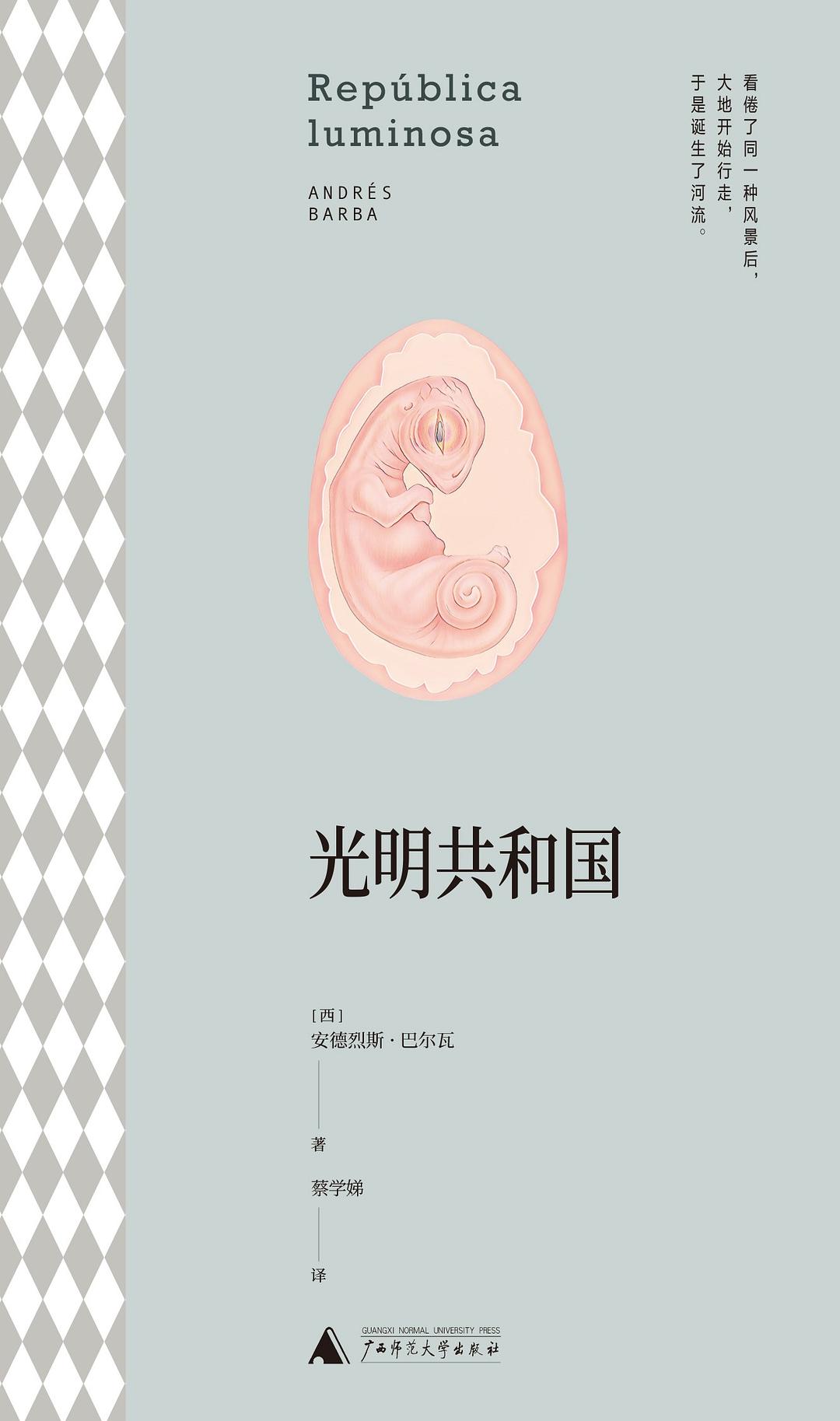
光明共和国
[ 外国文学 ]
作者:[西]安德烈斯·巴尔瓦
1
0
推荐者:百科书库 2023-04-19 03:03:13
本书简介
- 作者:[西]安德烈斯·巴尔瓦
- 出版社:广西师范大学出版社
- 出品方:理想国
- 原作名:Repúblicaluminosa
- 译者:蔡学娣
- 出版年:2020-4
- 页数:188
- 定价:46.00元
- 装帧:精装
- 丛书:安德烈斯·巴尔瓦作品
- ISBN:9787559826398
On the morning of the world's failure, people were busy searching for a group of homeless children. "The Dark Heart" and "Lord of the Flies" form a fictional chronicle of America and a fable-like modern apocalypse. The vast forest engulfs the children of San Cristobal, just as the mighty Eley river carries away tons of silt. Nature tries to create a new and strange civilization in these children's bodies; they, in turn, try to create a new world under the opaque canopy of the forest's leaves. They are children, wild and innocent, the dream of a new world and the legacy of the old. Ultimately, they betray us in a way that is both tragic and inevitable, and we, in turn, betray them in order to survive. Only the Eley river flows silently and unconcerned, like a fable that arrives too late.
With its weighty tone, mystical undertones, strong sense of nature, and intellectual hue, "The Bright Republic" is as dense as "One Hundred Years of Solitude" and as mysterious as "Pedro Páramo." It received widespread attention when it first came out and won the Heraldo Novel Prize.
In a fictional Central American city called San Cristobal, which was once no different from any other large city in its region--an economic hub that grew tea and citrus--the city became part of the modern world as small businesses thrived, hydroelectric dams were built, and the river was repaired. The people were immersed in prosperity but didn't realize their world had become a crude and meaningless structure, a network of bureaucracies that enveloped everyone. Their lives were like metronomes, rigid and boring, with some houses turning their inhabitants into reptiles, others turning them into people or insects.
One day, a group of unknown children appeared on the streets of San Cristobal, dressed in shabby clothes, malnourished, and speaking an incomprehensible language. At first, they beg for food, but soon they begin engaging in a series of destructive activities. Even more frightening, local children seem to be infected with their riotous energy, with some claiming to hear their thoughts and others joining them under the cover of night. When the government began searching for them, the children hid in the forest, then in the sewers, where they created a lawless place called the "Bright Republic"...
"The world doesn't end with a bang, but with a whisper." The children are the dream of a new world and the legacy of the old, and their appearance signaled the end of ancient American civilization, like a soft sigh that dispelled all the surrounding mist.
"Bolivar doesn't need any writing advice. He has already created a perfect world and demonstrated an outstanding talent beyond his age." Nobel laureate Mario Vargas Llosa recommends this book wholeheartedly.
In "The Bright Republic," Bolivar not only uses bold narrative techniques to deal with ambiguous situations but also adds dimensions of metaphysics and dark fables, evoking a sense of tension and unease, akin to the sharpness of Conrad's "The Heart of Darkness," presenting the grandeur of a great literary work. The 2017 Heraldo Novel Prize jury wrote.
When you close the book, a sense of overwhelming powerlessness descends upon you, as if we live in this world but are always lost. Bolivar's writing style (precise and rigorous but not empty) helps us bear this heavy sense of powerlessness. "The Bright Republic" is a grand work of literature, pierced by a deep and uncertain old river. - Spanish Culture News
In fact, Bolivar's reconstruction process reveals the evolution of several important social concepts: violence, childhood, order, and fear. This is the most profound and hopeful core of "The Bright Republic."--Spanish National News
作者简介
安德烈斯·巴尔瓦(AndrésBarba,1975—),西语界当红小说家,已出版13部作品,除小说外包括了散文、诗歌及摄影集,作品被翻译成十种语言。同时,他也是托马斯·德·昆西、赫尔曼·梅尔维尔、约瑟夫·康拉德、亨利·詹姆斯和司各特·菲茨杰拉德等著名作家的西语译者。2010年,巴尔瓦被《格兰塔》杂志评选为二十二个最杰出的西语青年作家之一。曾于1997年和2006年两获托伦特·巴列斯特尔叙事文学奖,2007年获阿纳格拉玛散文奖,2011年获胡安·马奇叙事文学奖,2017年获赫拉尔德小说奖。译者简介蔡学娣,毕业于北京大学西班牙语语言文学专业,现任教于北京大学西葡语系,译有《迷情》《高山上的小邮局》等作品。
发表评价
相关推荐
关键词是谋杀
知名小说作家安东尼·霍洛维茨刚刚完成一本书后,突然收到了新的工作邀约。这个时代,侦探小说的行当已经难以赚到足够多的钱。因此,霍桑向霍洛维茨提出将自己正在调查的案件改编为小说,并进行五五分成的分配。然而 [英国]安东尼·霍洛维茨 2023-04-19 07:02:31我将宇宙随身携带
★葡萄牙国宝级诗人佩索阿最重要异名★阿尔贝托·卡埃罗诗歌全收录!★以纯粹的感受把握自然,不思考,是唯一的纯真【编辑推荐】阅读卡埃罗是理解佩索阿的重要通道。佩索阿以迷人的“异名书写”筑造了神秘而独特的文 [葡]费尔南多·佩索阿 2023-04-19 00:04:03女巫的子孙
霍加斯·莎士比亚改写系列第三部作品,被时代周刊盛赞为“新莎士比亚小说”。加拿大女作家、布克奖获得者,以及热门美剧《使女的故事》的原著作者玛格丽特·阿特伍德重讲莎士比亚经典作品《暴风雨》。仇恨如同暴风雨 [加]玛格丽特·阿特伍德 2023-04-19 07:03:48蓬帕杜夫人
[内容简介]20世纪40年代,南希·米特福德移居巴黎并对法国历史产生了浓厚的兴趣。她开始将创作重心转向为“大人物”作传。《蓬帕杜夫人》是她传记文学事业的开端。该书聚焦于深刻影响法国历史的传奇女性蓬帕杜 [英]南希·米特福德 2023-04-19 07:05:13惶然录
费尔南多·佩索阿于1888年生于葡萄牙里斯本。他的父亲在他不满六岁时病逝,母亲再嫁葡萄牙驻南非德班领事,佩索阿随母亲来到南非,在那儿读小学、中学和商业学校。在开普敦大学就读时,他的英语散文获得了维多利 [葡萄牙]费尔南多·佩索阿 2023-04-19 00:06:04天空之蓝
巴塔耶的小说《天空之蓝》写于1935年,但直到1957年才由让-雅克•珀维尔(Jean-JacquesPauvert)出版。故事发生在二战前夕,以主人公亨利·托普曼(HenriTroppmann)为第 [法]乔治·巴塔耶(GeorgesBataille) 2023-04-19 07:06:33© 2023-2025 百科书库. All Rights Reserved.


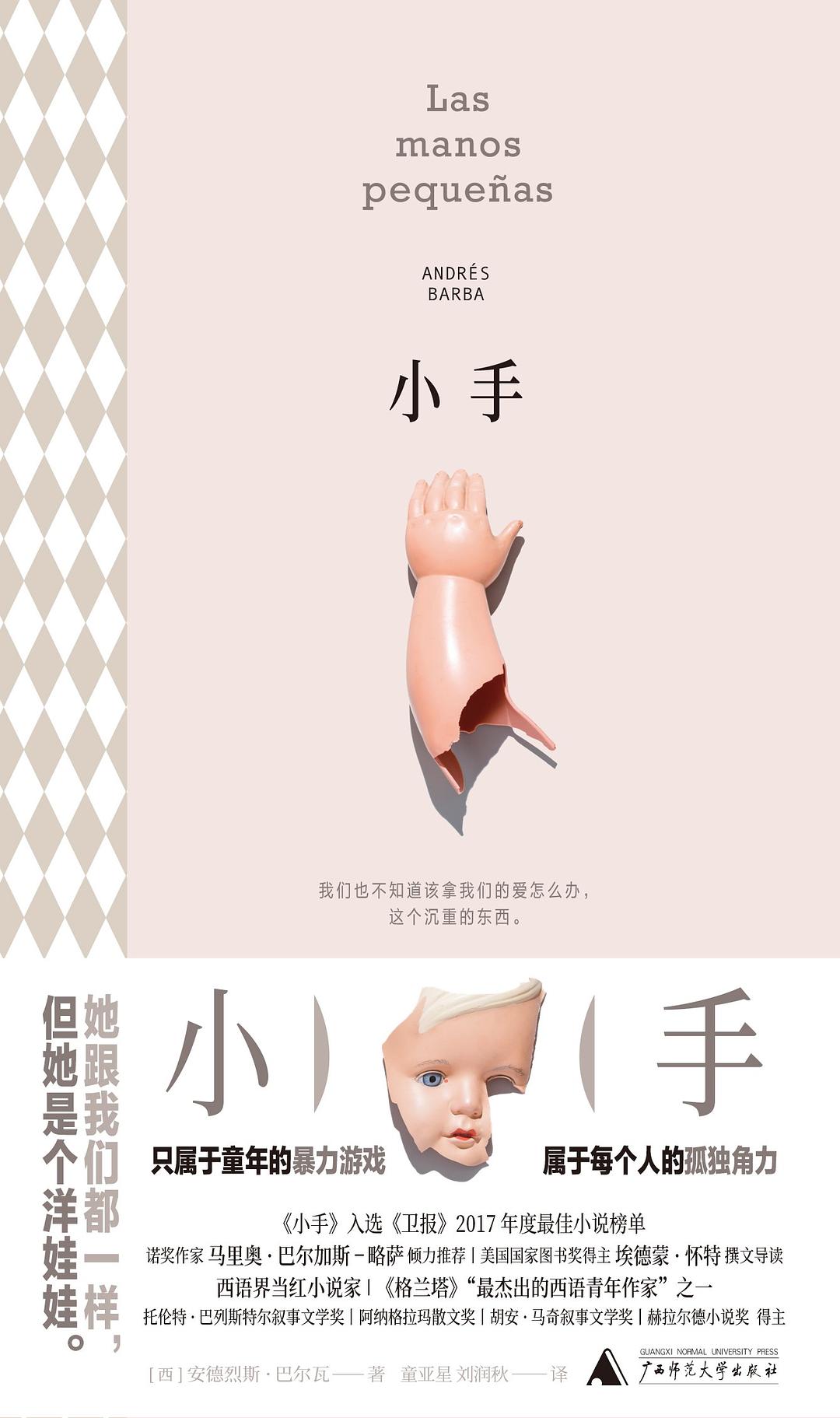
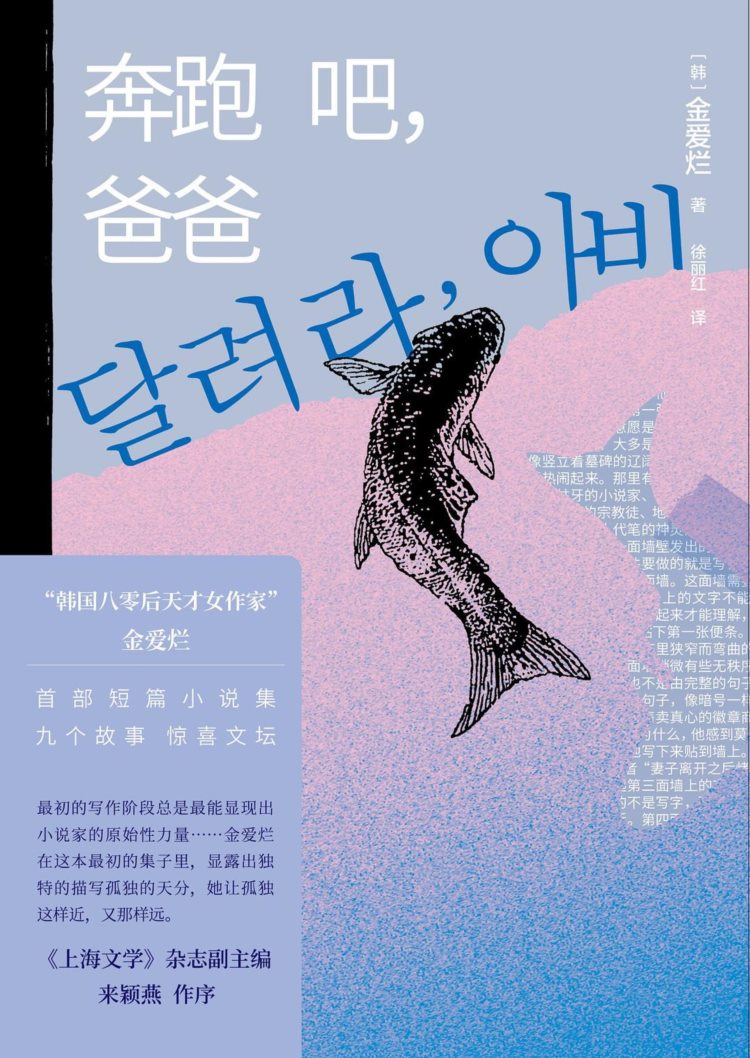
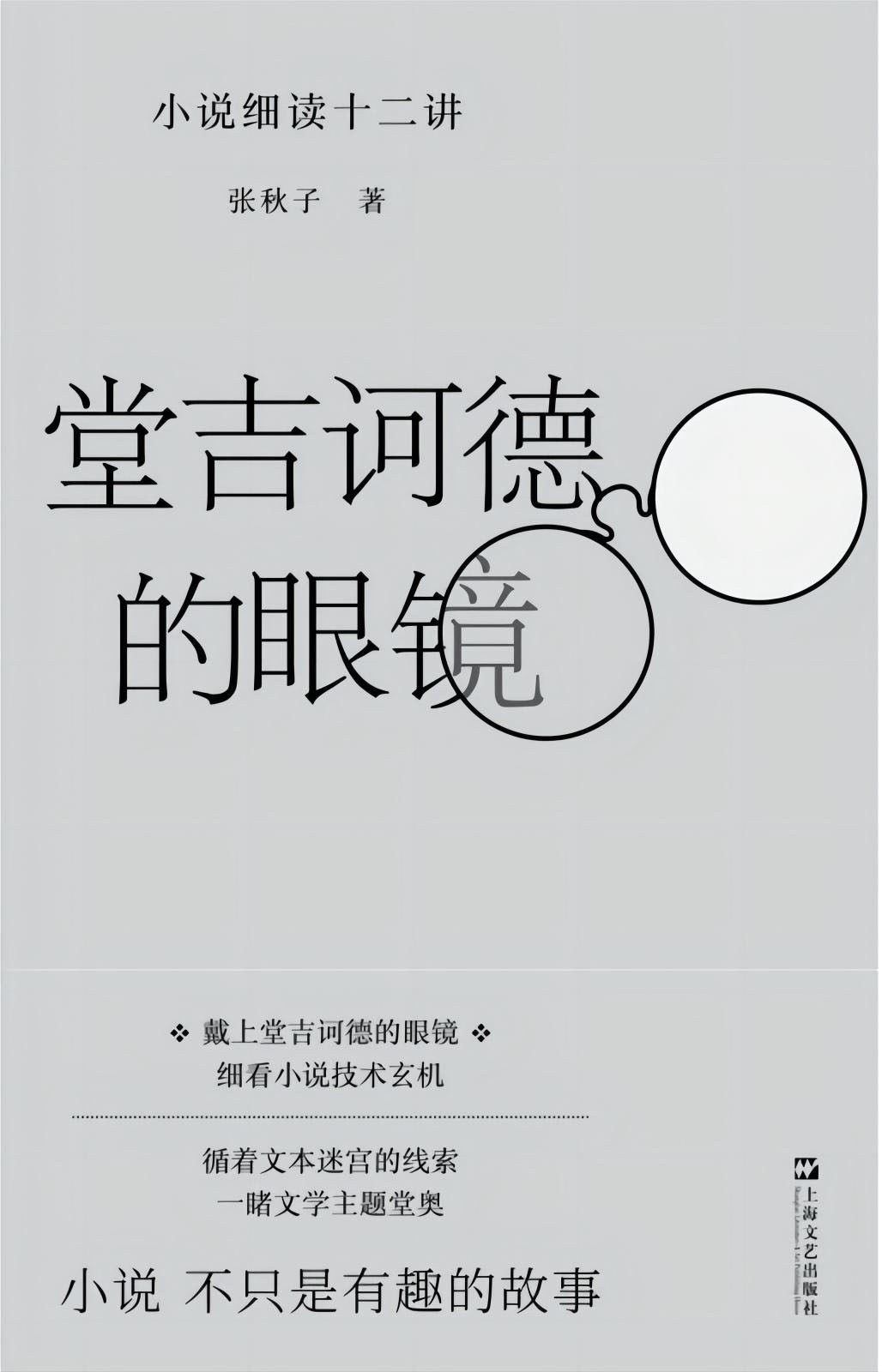
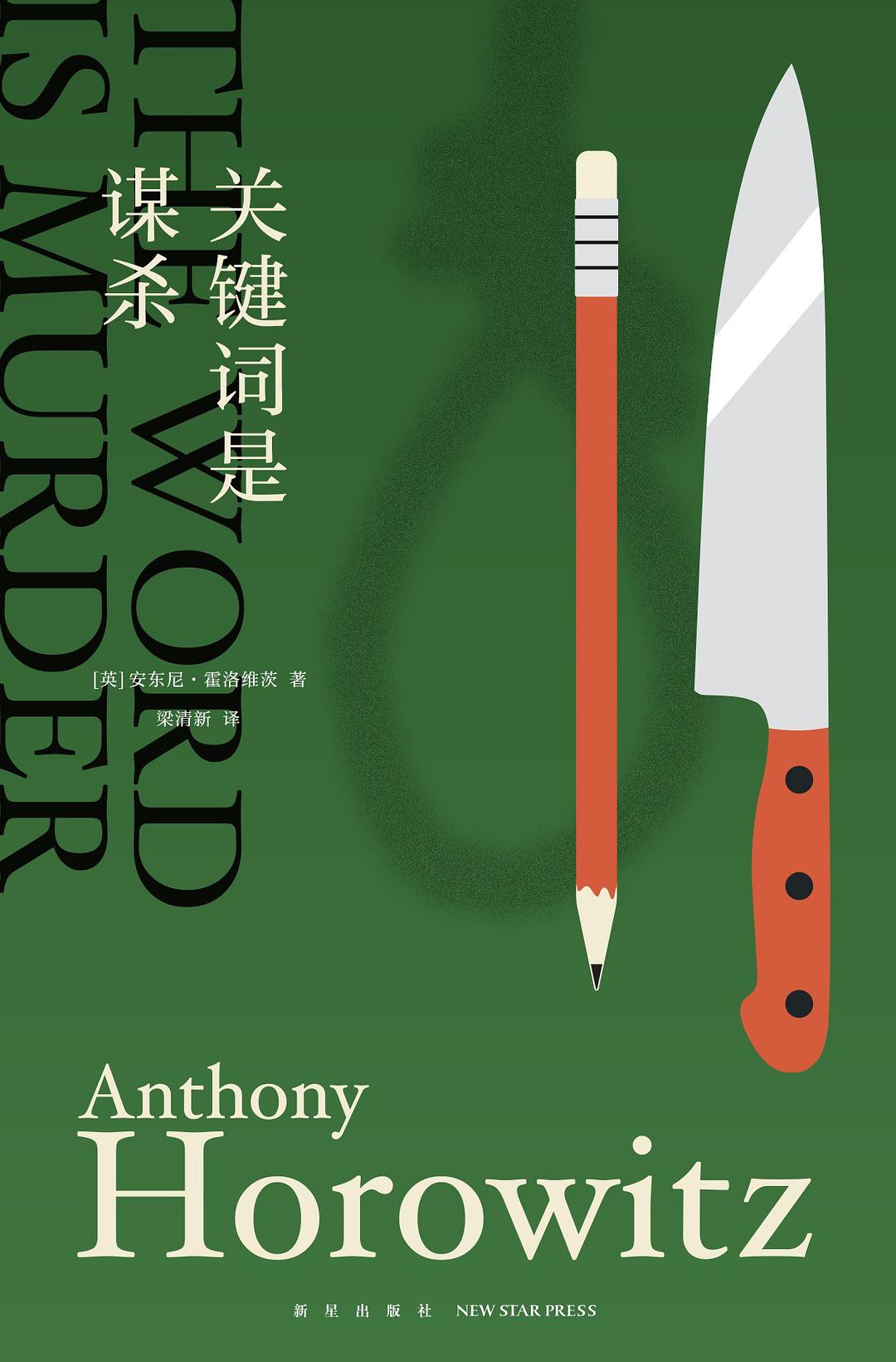
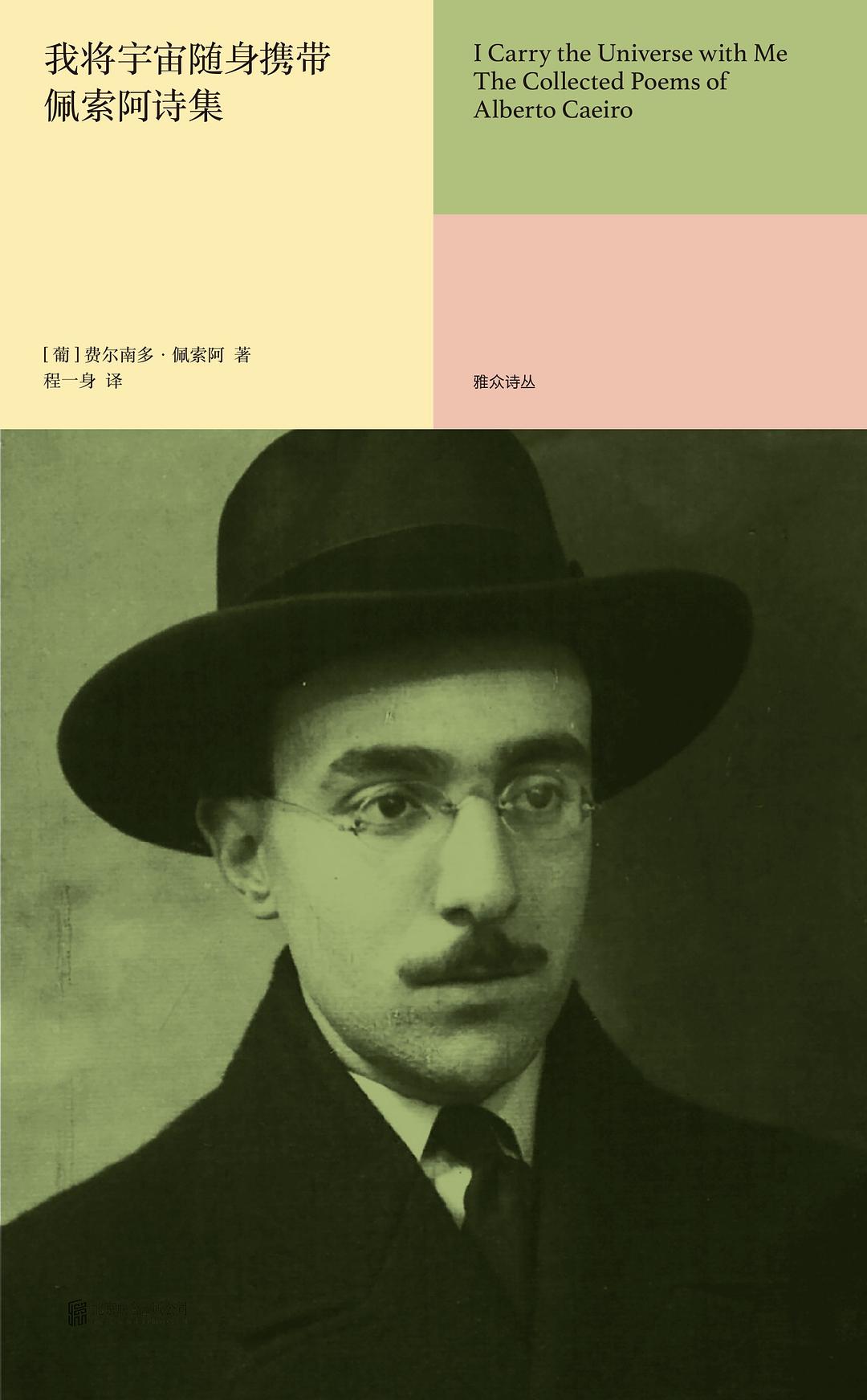
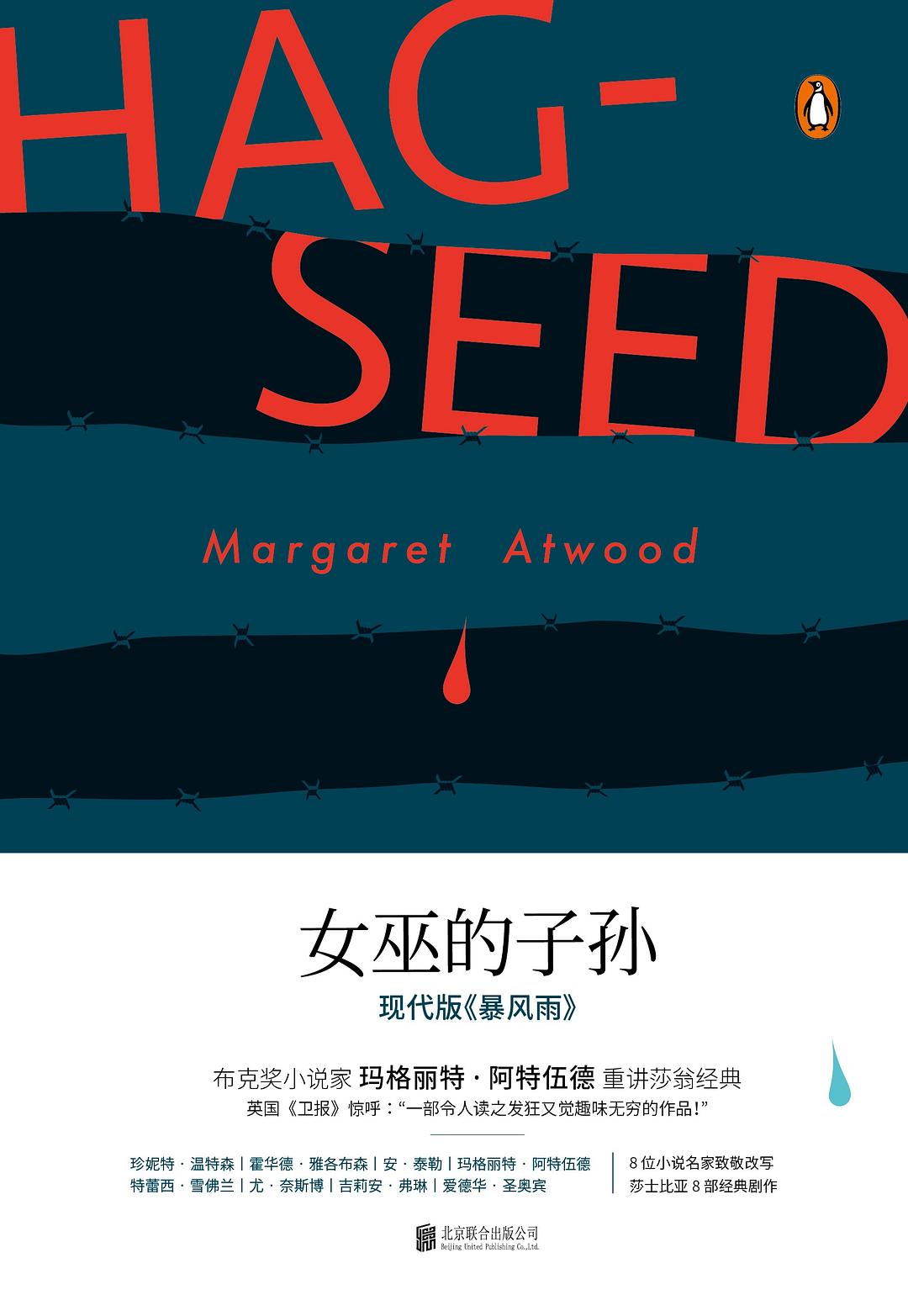
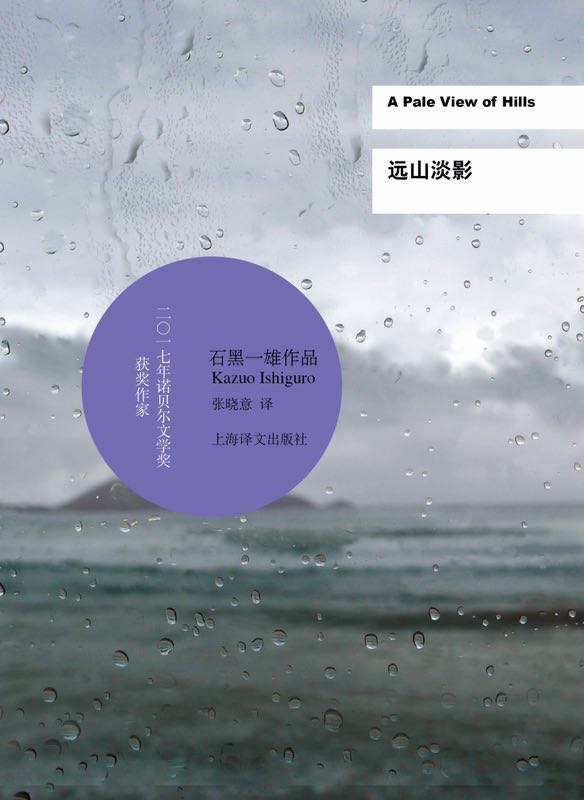
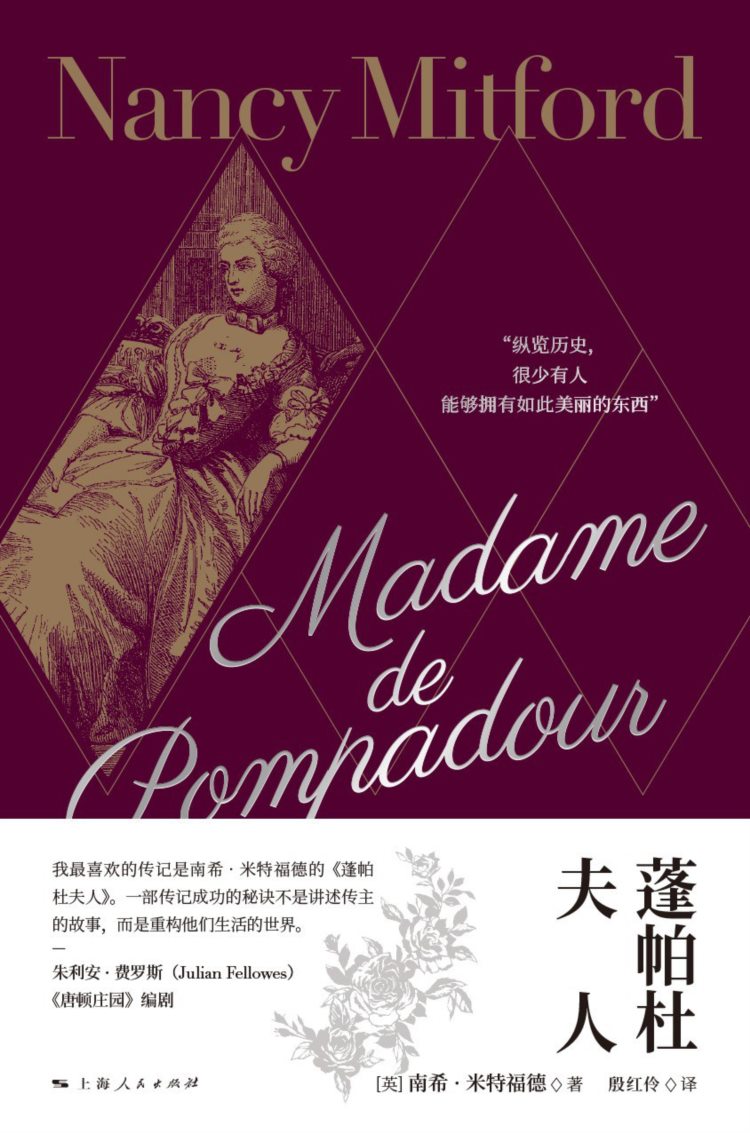
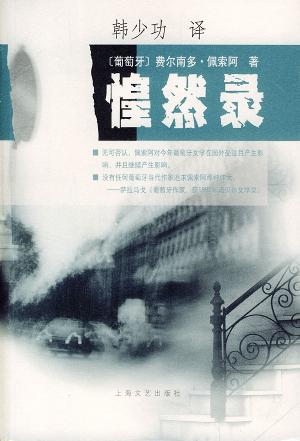

读者评价
我的解读是人类自身与人类文明的自负,对他者的凝视里只包含对其最严厉的批评,却不包含对他者所映射出的自身问题的批评与思考,比如如何在社会规训下还童年以童年。另外,文明也不是只有一种构建方式,这群矇昧到连所谓的“人话”都不会说的孩子在书的结尾处依然构建出了他们的共和国,不得不令人啧啧称奇。...
几乎是怀着全部的迟疑和不安一下子读完了…自以为引以为傲的坚不可摧的思想体系开始一点点像墙皮一样脱落…我们供奉的,蒸蒸日上的文明,是否正在不可避免地变成某种强权,垄断了,抑制着某种文明的发生…"童年比虚构更强大"因为童年是空白的,是不被干扰的。...
当一个群体不被他人所看到、所理解、所接纳,他们就会开始发明自己的语言,这是一种最原始的权力争夺与塑造——对事物的命名权和解释权,而这种隔阂本身则进一步加剧了不同群体间的差异,一座巴别塔正在缓缓升起。但事实并非如此,尤其是对于孩子来说。...
拉美总是很魔幻,智利,阿根廷,哥伦比亚,等等。热带雨林里充满各种声音。然后一瞬间,全部寂静。...
一个小城市里,二三十个不知从何而来的孩子掀起了一场“风暴”:他们不知从哪里冒出来,毫无征兆地袭击抢劫市民。他们有自己的语言,他们以孩童的方式吸引普通家庭的小孩。或者带点神秘学色彩来说,他们社会的形成是受到了自然的感召与支配。...